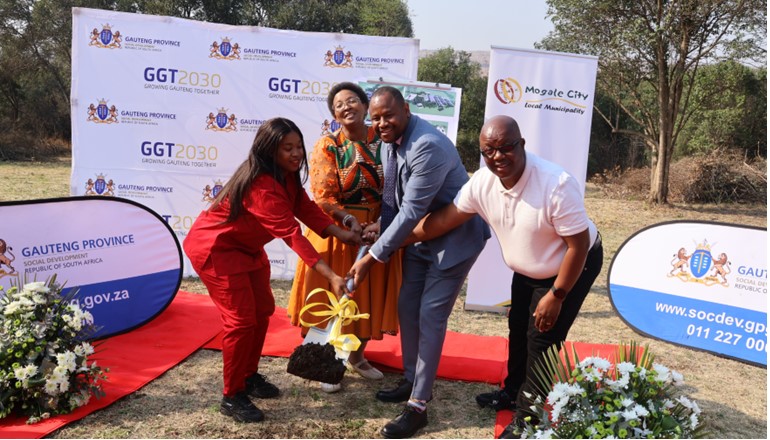
Mogale City took a significant step forward in the fight against Gender-Based Violence and Femicide (GBVF) today, as Executive Mayor Lucky Sele, Gauteng MEC for Social Development Faith Mazibuko and MMC for Social Development Wonderful Segolodi, broke ground on the refurbishment of a new safe house. The facility will provide shelter and care for vulnerable women and children, becoming the first accredited safe house of its kind in both Mogale City and the broader West Rand District.
To cement intergovernmental collaboration on the venture, the municipality and the Gauteng Department of Social Development are finalising an Occupation Agreement and Memorandum of Understanding. This partnership will strengthen working relations and ensure the safe house is established on a firm, cooperative foundation.
Valued at R90 million, the project will be implemented in two phases. The first phase will see the installation of five modular structures to accommodate 10 beneficiaries, while the second phase will focus on refurbishing existing facilities and constructing single units to create space for a further 50 survivors. Once complete, the safe house will provide refuge for 60 women and children in a strategically secluded location designed to guarantee privacy, safety from perpetrators and recuperation.
Currently, Mogale City has no accredited shelter for survivors, making this initiative a lifeline for many in the community. The Council first resolved to establish such a facility in 2022, and since then the municipality has stepped up its efforts to combat GBVF. In 2024, Mogale City participated in the World of Impact END GBV 100 Days Challenge and was recognised with a SALGA award for best performance in GBVF interventions.
The facility is expected to be fully operational by 25 November 2025, coinciding with the start of the annual 16 Days of Activism for No Violence Against Women and Children campaign. Once opened, it will offer a comprehensive package of services, including psychometric social support, trauma counselling, healthcare access, play therapy for children, economic empowerment programmes, and legal assistance thus giving survivors not only a place of safety but also the tools to rebuild their lives.
